I’ve Been To Over 90 Countries I’ll Never Travel Somewhere New Before Asking These 10 Questions
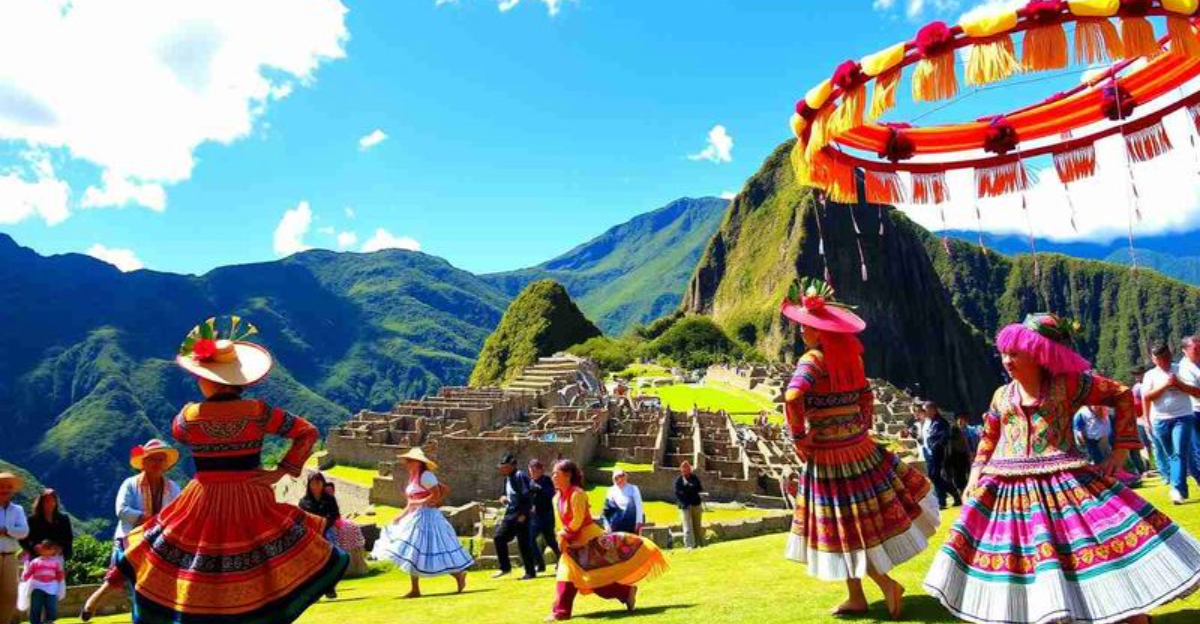
After exploring over 90 countries, I’ve learned that the difference between a dream trip and a disaster often comes down to the questions you ask before you go.
I’m not talking about which hotel to book I mean the real questions that shape your experience, protect your time, and keep surprises from turning into setbacks. These ten questions have become my secret weapon for stress-free, unforgettable travel.
Whether it’s your first passport stamp or your fiftieth, they’ll help you travel smarter, safer, and happier.
1. What’s the Real Weather Like During My Visit?
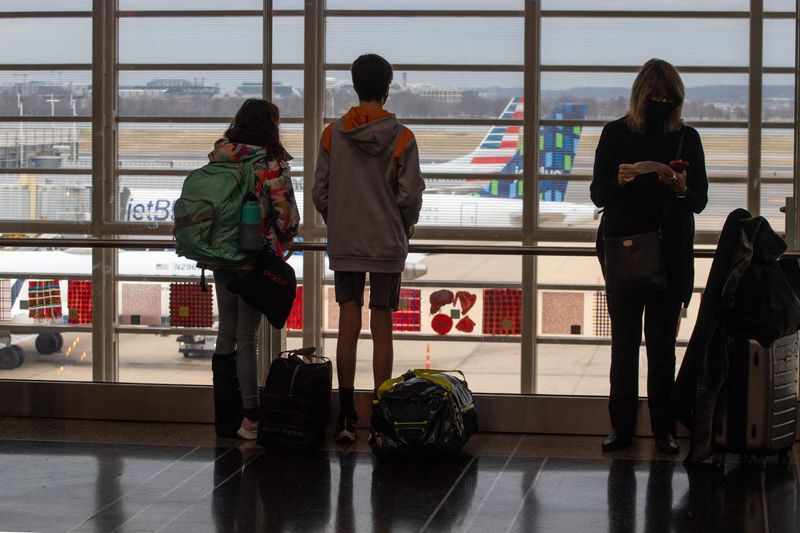
Weather apps can lie, and tourist websites often sugarcoat the truth about local conditions. I always dig deeper by checking multiple sources and reading recent traveler reviews.
Local forums and social media groups give you the real scoop on what to expect. Someone who just visited last month will tell you if it rained every day despite the forecast showing sunshine.
Pack accordingly based on actual experiences, not just official weather reports. This simple step has saved me from shivering in unexpected cold snaps and sweating through inappropriate clothing choices in tropical heat.
2. How Much Should I Budget Beyond My Initial Estimate?

Every destination has hidden costs that catch first-time visitors off guard. Restaurant service charges, tourist taxes, and transportation fees add up faster than you think.
I typically add 30% to my initial budget estimate for unexpected expenses. This buffer covers everything from overpriced airport food to that must-have souvenir you didn’t plan to buy.
Research local tipping customs and payment preferences beforehand. Some countries expect cash tips while others include service charges automatically. Knowing these details prevents awkward situations and helps you budget more accurately for your entire trip.
3. What Local Customs Could Get Me in Trouble?

Cultural mistakes can turn a dream vacation into an embarrassing nightmare. Simple gestures like pointing with your finger or showing the bottom of your feet can offend locals in certain countries.
Research dress codes for religious sites and public spaces before you arrive. Many temples and mosques require covered shoulders and legs, while some beaches have strict rules about swimwear.
Understanding basic etiquette shows respect and opens doors to authentic local experiences. Locals appreciate when visitors make an effort to follow their customs, often leading to warmer interactions and insider recommendations you won’t find in guidebooks.
4. Where Should I Absolutely Not Go Alone?

Even the safest countries have neighborhoods where solo travelers should exercise extra caution. Local crime statistics don’t always match tourist-friendly marketing materials.
Check recent embassy warnings and consult local police recommendations for your specific accommodation area. What’s safe during the day might become risky after dark.
Connect with other travelers or local guides for potentially dangerous excursions. Group activities not only increase safety but often provide better experiences and shared costs. Trust your instincts – if something feels off about a location or situation, find an alternative route or activity instead.
5. What Transportation Scams Should I Watch Out For?
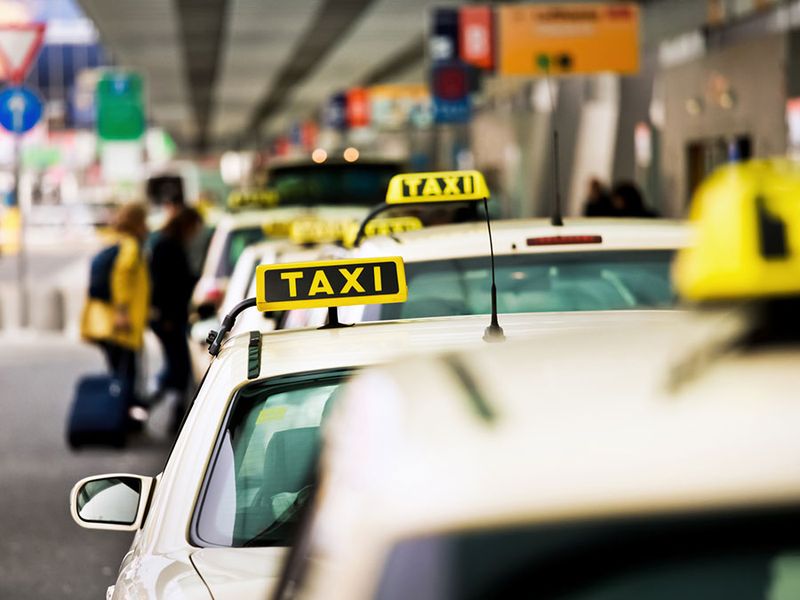
Transportation scams target tired, confused travelers who just want to reach their destination. Fake taxi drivers, rigged meters, and inflated tourist prices are common worldwide.
Research legitimate transportation options before you land. Download official rideshare apps, learn about public transit passes, and identify authorized taxi companies at airports and stations.
Always agree on prices upfront for taxis without meters, and keep small bills handy to avoid change-making scams. When possible, book transfers through your accommodation or use pre-paid vouchers. These simple precautions save money and reduce stress during those vulnerable first hours in a new place.
6. Which Neighborhoods Offer the Best Value for Accommodation?
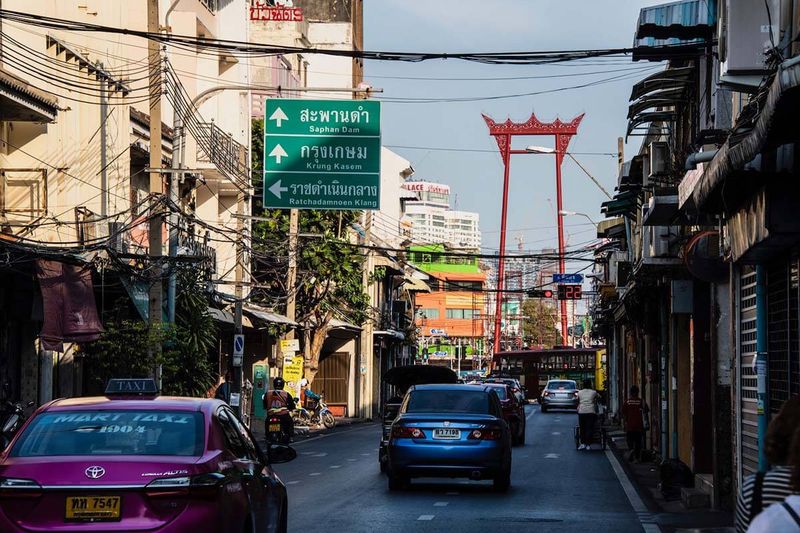
Tourist districts often charge premium prices for mediocre experiences. The best deals and authentic local flavor usually hide in residential neighborhoods just outside the main attractions.
Look for areas with good public transportation connections to major sights. You’ll pay less for accommodation while gaining access to local restaurants, markets, and everyday life that most tourists miss.
Read recent reviews carefully, focusing on comments about neighborhood safety and convenience. A slightly longer commute to attractions often means significant savings and a more genuine cultural experience. Plus, you’ll have interesting stories about your local neighborhood adventures.
7. What Food and Water Precautions Are Actually Necessary?

Food poisoning can ruin any trip, but excessive paranoia might cause you to miss incredible local cuisine. The key is understanding which precautions actually matter in your specific destination.
Research local water quality and food safety standards before dismissing everything as unsafe. Many countries have excellent sanitation, while others require more careful choices about where and what you eat.
Focus on busy restaurants with high turnover rather than avoiding all local food. Hot, freshly cooked meals from popular local spots are often safer than hotel buffets that sit under heat lamps. Trust your nose and eyes when evaluating food quality.
8. How Do I Stay Connected Without Breaking the Bank?

International roaming charges can cost more than your entire accommodation budget. Smart travelers research connectivity options before leaving home to avoid bill shock later.
Compare local SIM cards, international plans from your home carrier, and portable wifi devices. Each option works better depending on your travel style and data needs.
Download offline maps and translation apps before you travel. Having backup communication methods reduces stress and keeps you connected even when your primary plan fails. Many destinations offer excellent free wifi in cafes and public spaces, making expensive data plans unnecessary for light users.
9. What’s the Local Emergency Contact Information I Need?
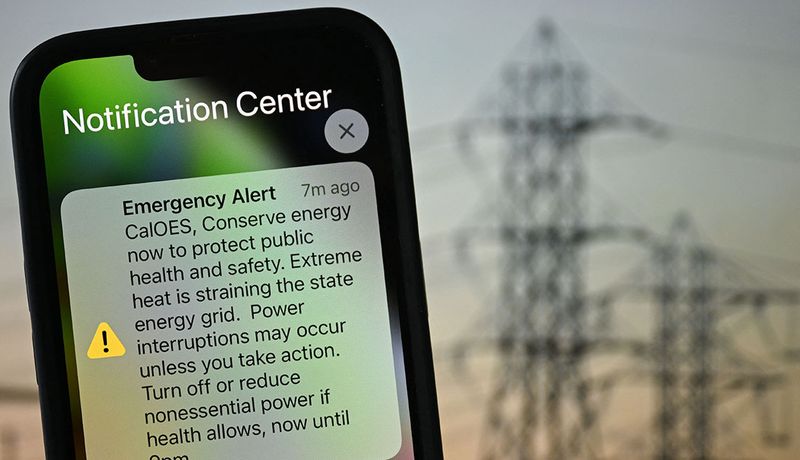
Emergency numbers vary by country, and your home country’s 911 equivalent might not work abroad. Knowing the right numbers before you need them could save precious time in crisis situations.
Save local police, medical, and fire emergency numbers in your phone contacts. Also research your embassy or consulate location and contact information for serious situations requiring official assistance.
Write down important numbers on paper as backup in case your phone dies or gets lost. Include your accommodation address and phone number, plus any medical conditions or allergies that emergency responders should know about. This simple preparation provides peace of mind for any adventure.
10. What Unique Opportunities Exist Only During My Visit Dates?
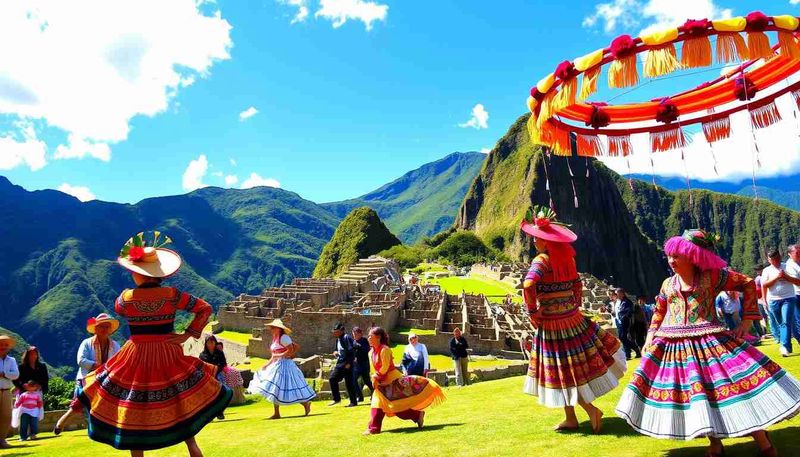
Timing can transform an ordinary trip into an extraordinary experience. Local festivals, seasonal attractions, and special events often coincide with specific travel dates if you know where to look.
Research beyond major holidays to discover smaller cultural celebrations, food festivals, or natural phenomena unique to your visit window. These authentic experiences create lasting memories and great stories.
Check local event calendars, tourism boards, and social media for happenings during your stay. Sometimes the best travel memories come from stumbling upon unexpected local celebrations or seasonal activities that you couldn’t have planned from home. Flexibility in your itinerary allows for these magical discoveries.
